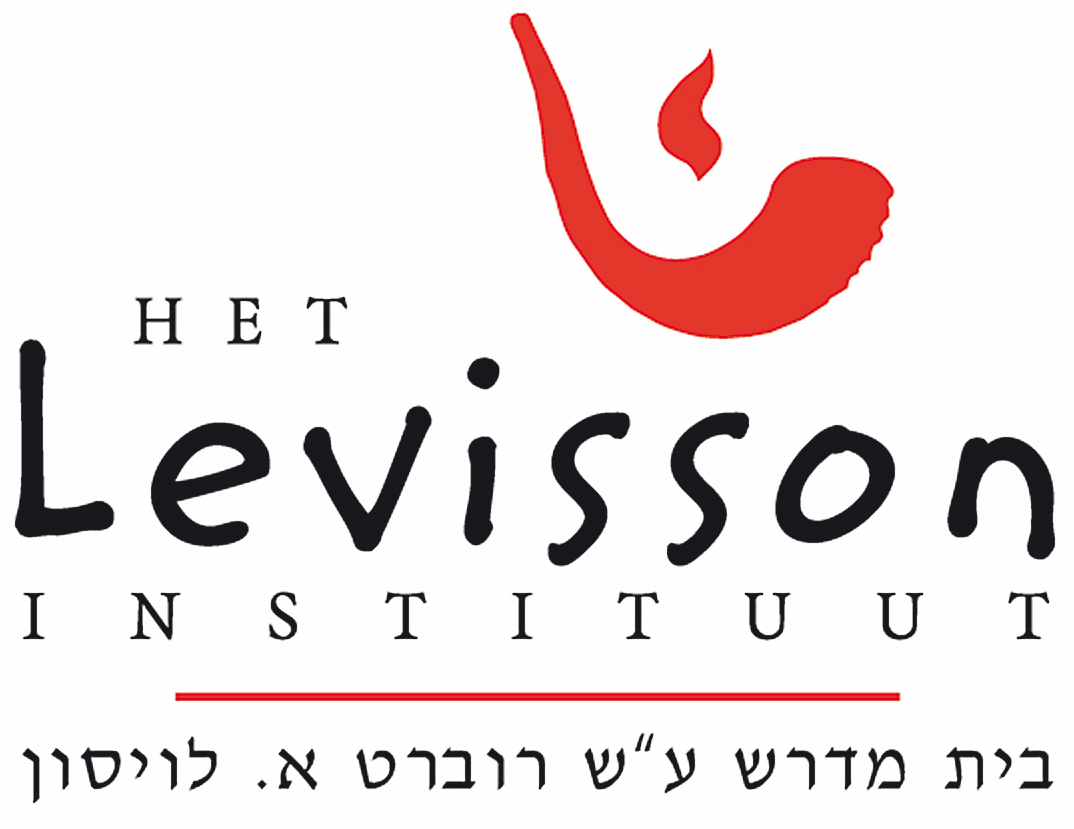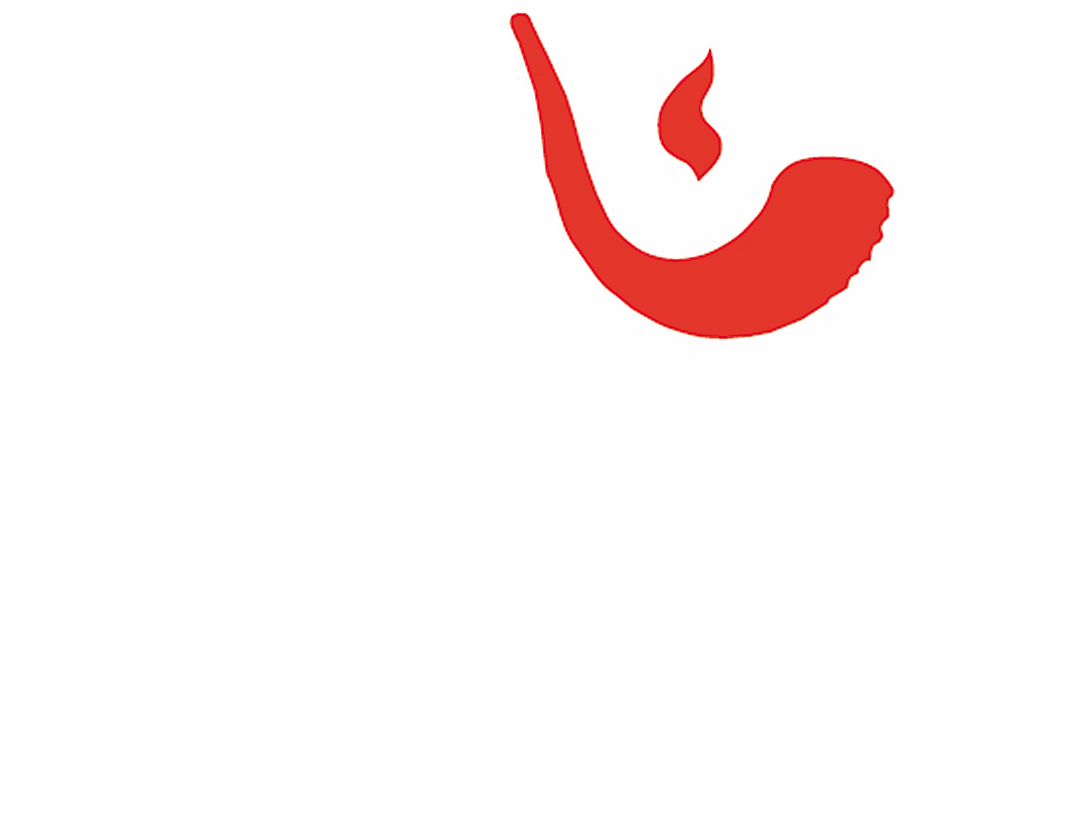The study programme of the rabbinical training consists of two parts, the academic part and the vocational part.
The academic training
The academic training includes:
- Hebrew: Biblical, Rabbinic and Modern Israeli Hebrew.
- Aramaic: the dialects necessary to be able to read and handle Tanach and classical rabbinic texts.
- Tanach: its literature, Midrash, medieval and modern commentators, Modern Bible criticism.
- Halacha: its principles, development, relationship to Aggada, the various approaches by different Jewish streams, classical and modern responsa and other sources.
- History: a thorough overview, development of Jewish concepts and how they were shaped by historical events, the specific Jewish way of understand the meaning and importance of history, insight into the issues of Jewish history. Special attention is paid to the history of the Dutch Jewish community and the Progressive movement in general.
- Israel: country and state: history, its theological and cultural significance, periods of study and experiencing the country (if not acquired earlier), thorough personal acquaintance with the Israel Movement for Progressive Judaism, its leaders and institutions.
- Liturgy: a thorough introduction to the development of Jewish liturgy, contents of contemporary orthodox en non-orthodox siddurim and minhagim (Ashkenazy, Sefardi, Edot HaMizrach), the theological background to the parallels and differences, contemporary issues in Jewish liturgy and minhagim.
- Rituals: year cycle, life cycle and other mitzwot.
- Philosophy: Jewish thinkers and Jewish thought in earlier times and now, relationship to non-Jewish philosophical systems, principles of Progressive Judaism and its development, schisms in Judaism.
- Jewish music, art and literature: an introduction with emphasis on the importance of music in the liturgy and synagogue services, modern Jewish and Israeli literature.
- Interfaith: thorough introductions to Christianity and Islam and acquaintance with other religions.
- The academic part is followed, after the fifth year, by producing a rabbinical thesis.
The vocational training
The vocational training includes:
- Pastoral care: Interviewing and counseling: introduction to the various components and concepts of listening and understanding. Interpersonal skills in the area of listening, facilitation and giving and receiving feedback.
Pastoral care / community skills: principles of pastoral care, as opposed to, for example, psychotherapy. To bring spirituality and Jewish values into the work, presentation theory, moral deliberations and ethics, reflection, analysis and insight. - Life cycle: exploration of the different stages and transitions of the family lifecycle; exploring the role of the rabbi in the different transitions (bar mitzvah, marriage, etc.); understanding issues, that different people face throughout their lifecycle.
- Progressive Judaism in The Netherlands: introduction to the working field of rabbis: knowledge of the actual demography, encounters with various organizations with reference to care, politics, interfaith, etc., all the time exploring the role of a rabbi. Changing demographics in The Netherlands ask for (re-)consideration of the role of a rabbi.
- Rabbinic leadership: skills, such as applied conflict management, managing dynamics common to the role of a rabbi. Developing a leadership-style. Administrative and policy-making activities: this includes, among other things, the work of the Bet Din and the Rabbinic Assembly, arranging and preparing various activities of the congregation/community and other administrative tasks. Learning to work with boards, committees and numerous volunteers in a dynamic, inspiring and harmonious manner.
- Halacha in practice: most important is the practical application of Jewish law (halacha lema’aseh). This is learned implicitly during the internships in different congregations – practical rabbinics by the rabbis, by peers during Beth Din.
- Liturgy and rabbinic tasks in practice: to be able to perform and to teach all the rituals of the Jewish year and Jewish life in the synagogue and at home; to write and deliver effectively a derasha and a dvar Torah; public speaking, gain sufficient didactic knowledge to be able to teach children and adults.
- Personal development as a rabbi: all through the vocational training there are many opportunities for students to explicitly pay attention to personal development, for example, during counseling and interview training and during internships, pastoral training, and leadership training. In the vocational exam, personal development plays an important role.
- Portfolio: during the rabbinic education a student ‘builds’ his/her portfolio. A portfolio is a folder with exhibits that demonstrate which competences the student has acquired during the training or in any other manner. It enables the student to show his/her development in learning the profession, it enables teachers to judge the learning process. The student collects the exhibits and pieces of evidence that demonstrate the personal development that has been achieved. The contents can be of any kind the student considers valuable for his/her demonstration, not only written texts but also photographs, video recordings, (PowerPoint-) presentations and other illustrative materials.
Overview curriculum
See here for an overview of the curriculum.

